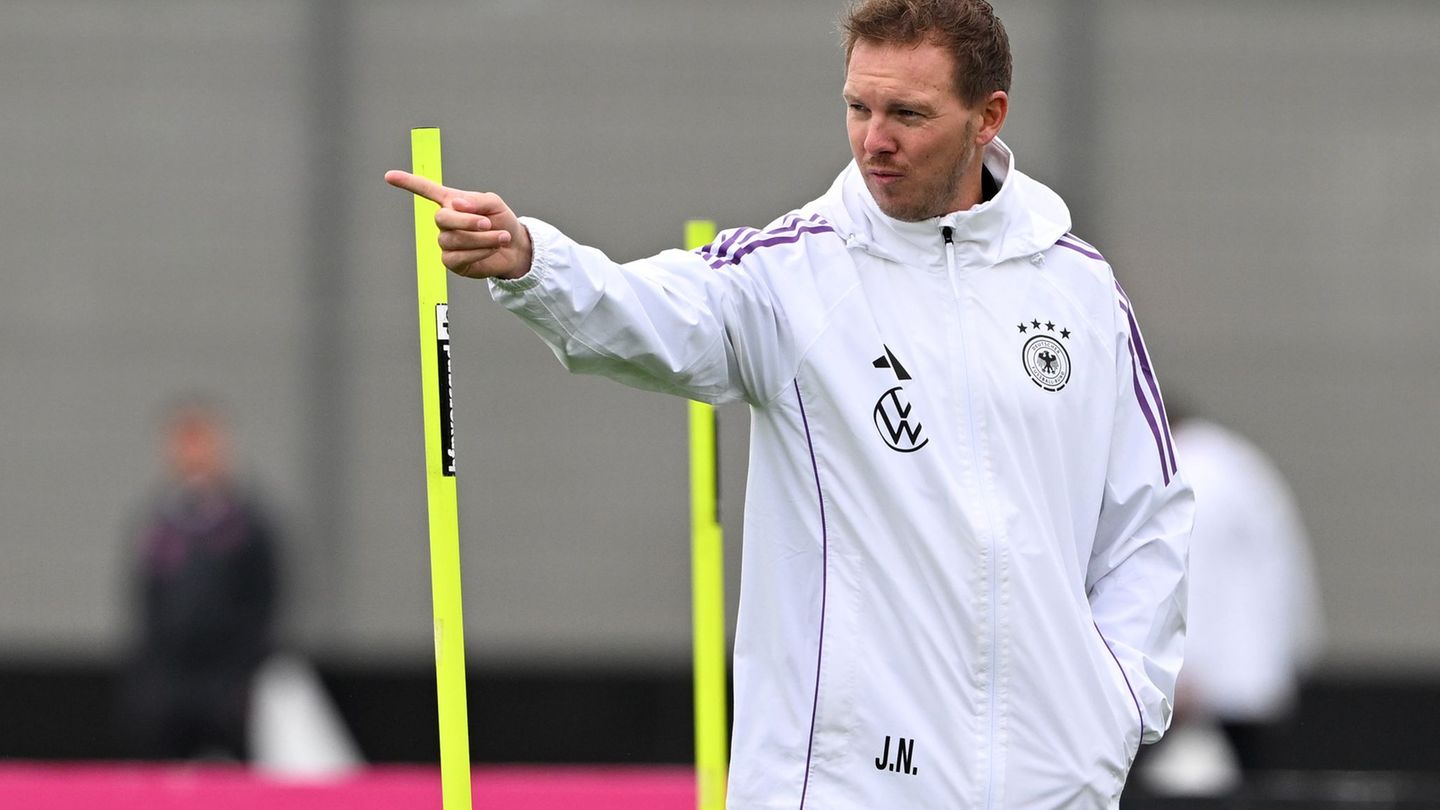The plans for more climate-friendly heating systems became a crucial test for the federal government. They should be decided in September. But questions are still open.
The heating law is on the home stretch. In two weeks, the traffic light coalition wants to decide it in the Bundestag – after a long conflict and as a central project on the way to a climate-friendly heat supply.
At the beginning of September, the Bundestag will meet for the first time after the summer break. According to a provisional agenda, the heating law is to be passed on September 8th. The law could then pass the Federal Council at the end of September and come into force at the turn of the year. However, the Union still sees important questions as unresolved.
State funding
As part of the amendment to the Building Energy Act, the so-called Heating Act, the existing federal funding for efficient buildings is to be reformed. According to an application by the government factions of the SPD, the Greens and the FDP, the new funding concept should support people “throughout the breadth of society” and ensure that the investment costs do not overwhelm anyone. For example, there is currently a subsidy of up to 40 percent for the installation of a heat pump, with the maximum eligible investment costs being EUR 60,000 per calendar year – this applies to replacing the heating system and other efficiency measures.
Base promotion and bonuses
In the future, according to the plans of the coalition factions, a new funding system is planned. The new program is scheduled to start in early 2024, according to the federal government’s response to a request from the CDU/CSU parliamentary group. Accordingly, the government is examining transitional rules that are intended to enable a “smooth” transition between the existing and new funding framework. “It is currently being examined whether and to what extent there will be transitional regulations for individual parts of the program afterwards,” the answer continues.
The new Building Energy Act (GEG) is scheduled to come into force at the beginning of 2024 – but will initially only apply to new building areas. For existing buildings, the linchpin should be mandatory and comprehensive municipal heat planning. On this basis, homeowners should be able to decide what to do. Municipal heat planning should be available in municipalities with more than 100,000 inhabitants from mid-2026 and for the remaining municipalities from mid-2028.
With the new subsidy, there should be a basic subsidy of 30 percent of the investment costs for more climate-friendly heating systems for all residential and non-residential buildings. In addition, an income bonus of 30 percent of the investment costs should be introduced – this should apply to all owner-occupiers with a taxable income of up to 40,000 euros per year, whereby the respective household must be considered. The federal government is now writing that around 40 to 45 percent of owner-occupied households have an income below the 40,000 euro limit.
Requirements for speed bonus
In addition, a speed bonus of 20 percent of the investment costs is planned as an incentive for conversion as early as possible. From 2028 onwards, this bonus is to be reduced by 3 percentage points every two years. This bonus is to be granted to all owner-occupiers whose gas heating is at least 20 years old at the time the application is submitted, or who have oil, coal, gas or night storage heating.
Basic funding and bonuses should be cumulative, but only up to a maximum funding rate of 70 percent. The maximum eligible investment costs should be 30,000 euros for a single-family house – for multi-party houses 30,000 euros for the first residential unit, for the second to sixth residential units 10,000 euros each, from the seventh residential unit 3000 euros per residential unit.
If other efficiency measures are carried out on the building in addition to the heating replacement, the maximum eligible investment costs for these measures are, according to the Ministry of Economic Affairs, a maximum of 60,000 euros per residential unit. The maximum eligible investment costs for heating replacement and other efficiency measures would be up to 90,000 euros per year.
Loans via KfW
In addition to subsidies for investment costs, the state development bank KfW is to offer low-interest loans with long terms and repayment subsidies. All citizens should be able to take advantage of this up to a taxable annual household income of 90,000 euros. KfW plans to offer these loans from January 1, 2024, according to the government’s response.
Advice
When installing new gas or oil heating systems, which is initially still possible, there should be mandatory advice that points out the possible effects of heating planning and possible inefficiency, especially due to rising CO2 prices.
union with criticism
The Union faction still sees a lot of need for clarification. “The social flank remains open, the climate effect is completely unknown to the traffic light itself and real openness to technological diversity is further stifled by regulation mania,” said CDU energy politician Andreas Jung. The traffic light should not be pushed through the heating law “narrow-minded” without any willingness to clarify these questions.
When asked what CO2 savings the federal government expects from the GEG amendment, the federal government replied that “no final estimates” are currently available.
Despite CO2 pricing, the federal government does not expect gas prices to rise in real terms in the next few years – on the contrary. According to the forecast, a kilowatt hour of natural gas will cost 14.40 cents after inflation in 2035, currently it is 16.04 cents – however, energy price forecasts are subject to “great uncertainty”.
Source: Stern




